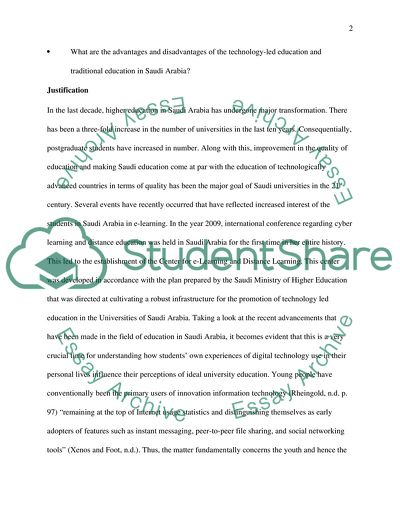Cite this document
(“Students Own Experiences of Digital Technology and Implications for Research Proposal”, n.d.)
Retrieved from https://studentshare.org/education/1579684-how-students-own-experiences-of-digital-technology-use-in-their-personal-lives-might-have-implications-for-the-design-of-university-education-case-study-saudi-universities
Retrieved from https://studentshare.org/education/1579684-how-students-own-experiences-of-digital-technology-use-in-their-personal-lives-might-have-implications-for-the-design-of-university-education-case-study-saudi-universities
(Students Own Experiences of Digital Technology and Implications for Research Proposal)
https://studentshare.org/education/1579684-how-students-own-experiences-of-digital-technology-use-in-their-personal-lives-might-have-implications-for-the-design-of-university-education-case-study-saudi-universities.
https://studentshare.org/education/1579684-how-students-own-experiences-of-digital-technology-use-in-their-personal-lives-might-have-implications-for-the-design-of-university-education-case-study-saudi-universities.
“Students Own Experiences of Digital Technology and Implications for Research Proposal”, n.d. https://studentshare.org/education/1579684-how-students-own-experiences-of-digital-technology-use-in-their-personal-lives-might-have-implications-for-the-design-of-university-education-case-study-saudi-universities.


